Zesa to pay Eskom to avoid power blackout
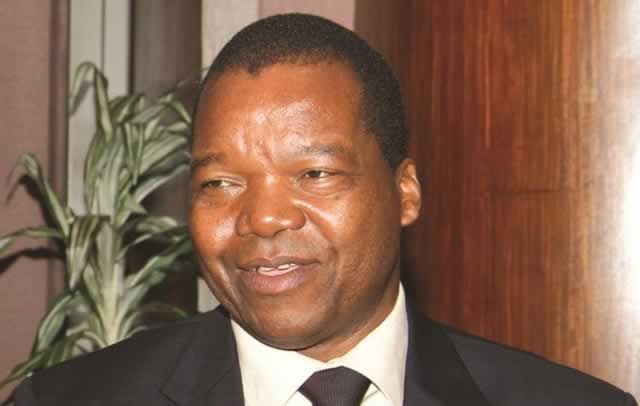
Felex Share, Harare Bureau
Zesa Holdings will pay South African power utility, Eskom a substantial amount of money to avoid being switched off despite the foreign currency shortages being experienced in the country, Reserve Bank of Zimbabwe Governor Dr John Mangudya said yesterday.
Eskom has for the third time in as many months threatened to switch off Zimbabwe at the end of this month.
The South African firm is owed about $44 million.
Eskom has written to Zesa threatening to cut off the 300 megawatts it supplies Zimbabwe with.
Zesa has failed to stick to the payment plan it entered into with Eskom in July.
This, Dr Mangudya said, was a result of foreign currency shortages.
“We have moved quite a lot and are organising funds to pay Eskom so that we can continue to enjoy electricity supplies,” he said.
Asked why Zesa was defaulting every month, he responded: “It’s not an attitude. We entered into an agreement with Eskom where we are supposed to pay them at least $10 million per week and sometimes because of the way the foreign currency come into the country, it is a cyclical nature and it means sometimes we are always behind now and then. But we are going to catch up.
“We had agreed in the agreement to pay per week but failed because of the cyclical nature also of our exports. They don’t come one time as you know. We are going to catch up and there will be no switch off.”
Zesa chief executive, Engineer Josh Chifamba, is reportedly in South Africa to save the situation.
Just last month, Zimbabwe faced imminent load shedding but the Central Bank moved in and paid $8 million.
Part of the money also went to Hydro Cahora Bassa (HCB) of Mozambique where the country is getting 50 megawatts.
Any load shedding at the moment will deal a major blow to industry as well as agricultural activities at the Grain Marketing Board depots and the winter wheat farming underway.
Zesa in May agreed to pay Eskom about $10 million weekly in a move that would have seen the debt being liquidated in four months.
At the same time, the power utility agreed to pay for current supplies.
Foreign currency shortages have seen Zesa failing to meet the payment obligations.
Zimbabwe has been relying on power imports from South Africa and HCB of Mozambique to boost supplies as a way of promoting production in the economy.
Zimbabwe consumes about 1 400MW daily.
Yesterday the power stations in the country were generating 1 208MW.
The country has been receiving steady power supplies since December 2015 as a result of various initiatives such as imports.
Zesa is refurbishing its power stations while also working on expansion projects in Kariba and Hwange.
The projects take time to complete hence the decision by Zesa to rely on power imports.

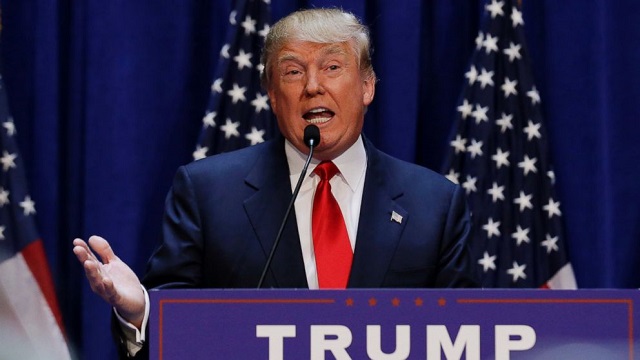
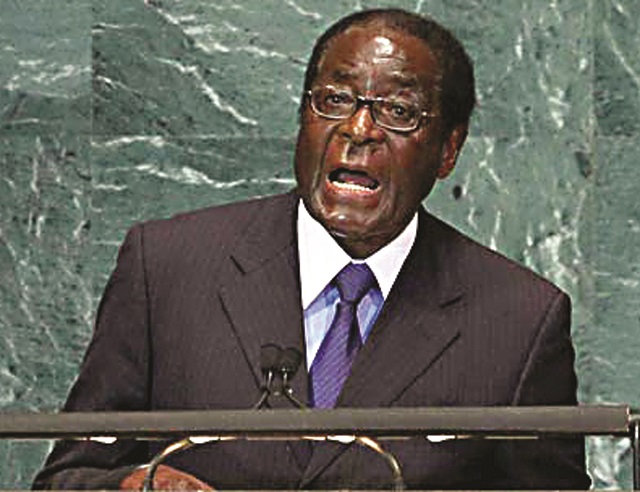
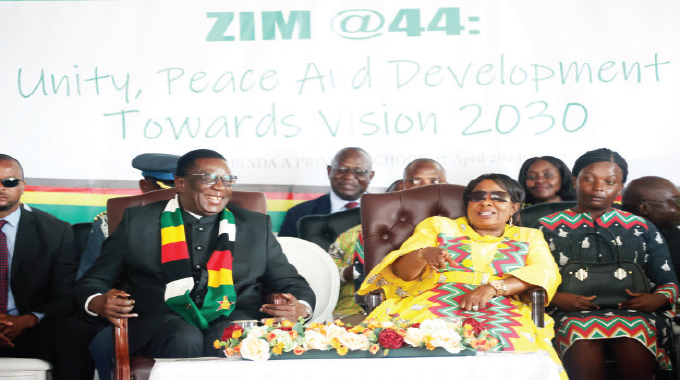
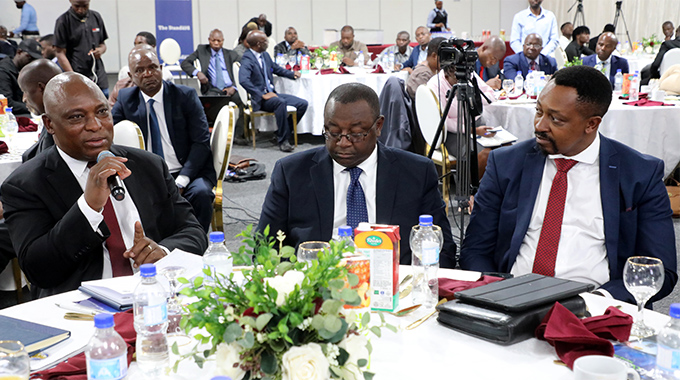






Comments